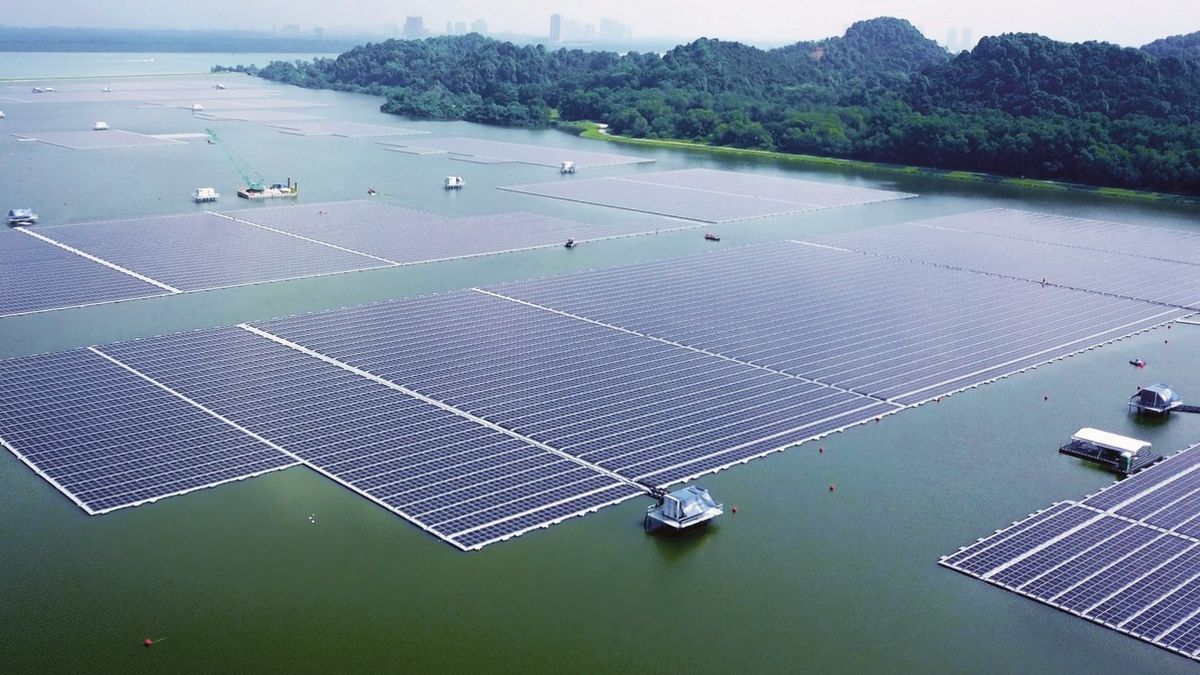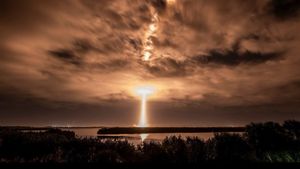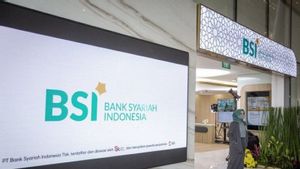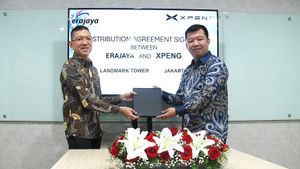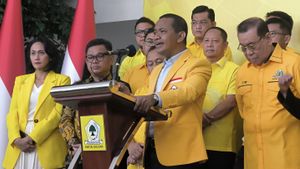JAKARTA – Wednesday, July 14, Singapore, launched one of the largest floating solar power plants in the world. The plant covers an area the size of 45 football fields. The plant is part of the city-state's efforts to reduce greenhouse gas emissions.
The project is part of the country's most ambitious project, comprising 122,000 panels in the Tengeh Reservoir that will generate enough electricity to run its five water treatment plants.
Singapore is one of the largest carbon dioxide emitting countries per capita in Asia and its scarcity of land makes upgrading renewable energy sources a challenge.
As a prosperous financial center, Singapore has the intention to establish offshore and in reservoir plants, with the aim of doubling solar energy production by 2025. This project was introduced to the Indonesian Minister of Economy, Airlangga Hartarto during a visit to Singapore 12-13 July.
SEE ALSO:
According to Sembcorp Industries and national water agency PUB, the new plant can generate up to 60 megawatts of electricity, and will lead to carbon emission reductions equivalent to removing 7,000 cars from the road.
Sembcorp built the project, which covers approximately 45 hectares (110 hectares). "Solar energy is abundant, clean, and green, and is key to reducing PUB's carbon footprint as well as Singapore's," said the water agency's chief executive, Ng Joo Hee.
Singapore has also built a solar field in the Strait of Johor, which separates the island nation from Malaysia. They also intend to reforest the area by planting trees.
Singapore's government in February unveiled a "green plan" that includes measures such as planting trees, reducing waste sent to landfills, and building more charging points to encourage the use of electric cars, which are environmentally friendly.
Singapore has pledged to achieve net-zero emissions, by the second half of the century. However, critics say the city-state's goals are still far behind other developed countries, and not far enough away from achieving its environmental ambitions.
The English, Chinese, Japanese, Arabic, and French versions are automatically generated by the AI. So there may still be inaccuracies in translating, please always see Indonesian as our main language. (system supported by DigitalSiber.id)
